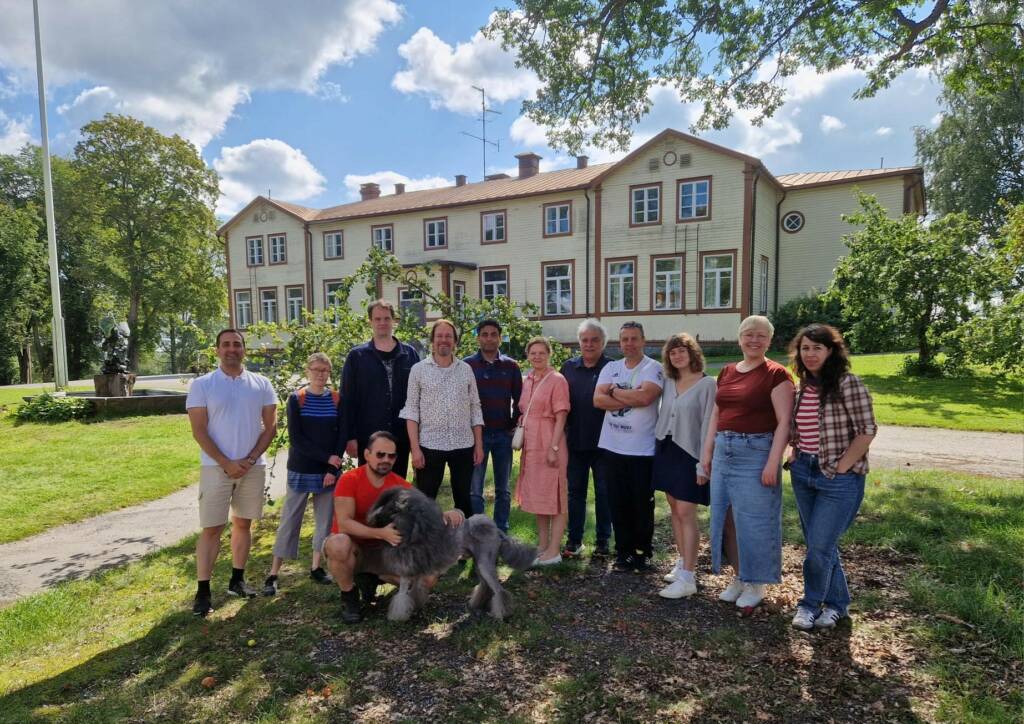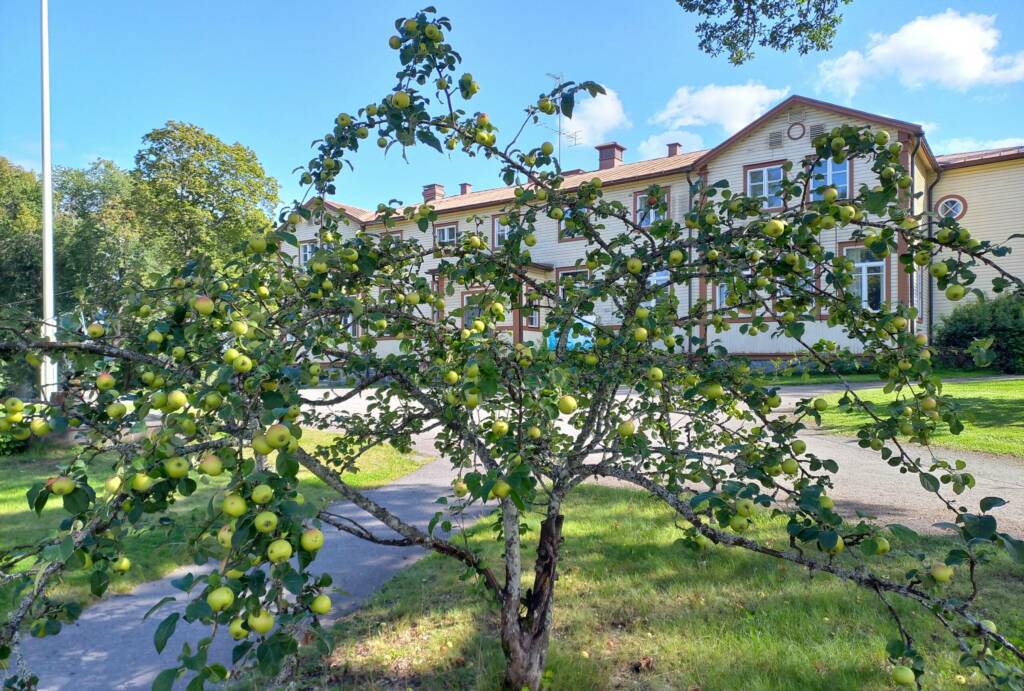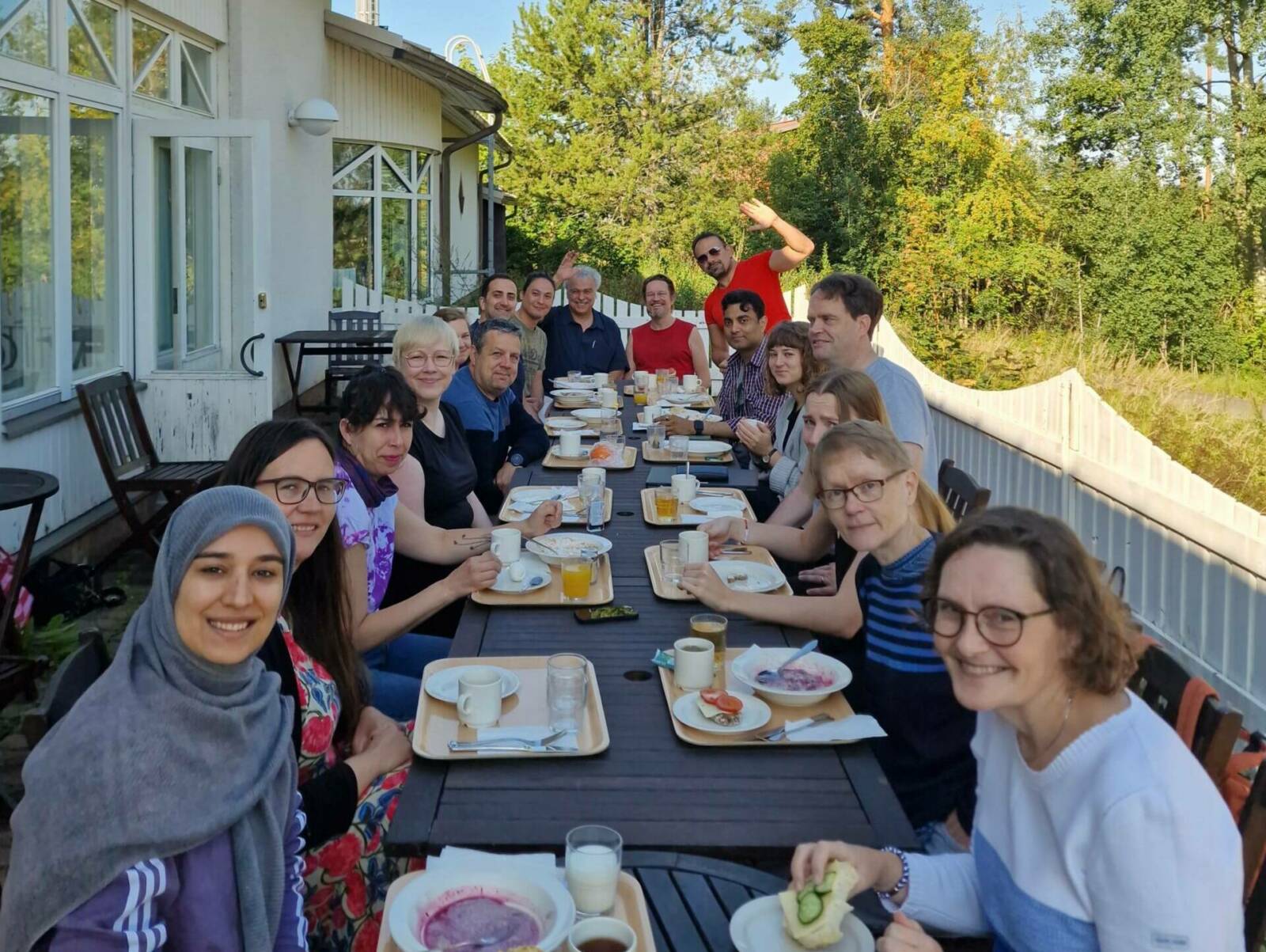TURNS organized its first writing camp in the Päivölä Folk School in Valkeakoski, targeted especially for PhD students whose work is related to urban sustainability. During the four-day-long camp, writing itself was the programme’s focus, not the academic content of each PhD project as such. The idea was to take time for writing and to discuss writing together with one’s peers in a safe and supportive environment.
On the first day, each participant presented their research topic to others but also set their personal writing goals for the camp and valorized their own relation with writing: Some enjoy it a lot, some find it difficult (especially in English), while some have problems in starting. Also writing styles and processes can be very different, depending on personal preferences and habits or on disciplinary conventions.
Most of the camp was to do the actual thing, that is, writing. With Shut up & Write sessions – which literally mean that you shut up, close WiFi, and write alone but together in the same room with others – the participants could concentrate on their work under a gentle social pressure.
In addition to the Shut up & Write technique, more writing hacks were presented by the writer Laura Mänki, who visited the camp on the second day and gave a lecture entitled “Writing: getting things done even if you don’t feel like it”. According to Laura, the process of writing is simple: You just sit down, breath deep, write the first word, and keep going. There are many techniques and strategies that help with writing such as time management (pomodoro!), text management (placeholders!), notes (paper and pen!), and peer pressure and support, to name but a few. Laura reminded us that writing is also an emotional process, and one should have mercy on oneself.
All in all, the TURNS writing camp gave a good boost for the new academic year. Many promised to follow Laura’s tips on writing, including paying attention to the rhythm of writing. Moreover, reflecting one’s relation with writing helped participants to understand their own thinking better. Thus, the success of the writing camp was not just about being productive in terms of the writing outcomes (although that happened too, as all participants were able to proceed with their writing tasks) but one could really get into the writing as a meaningful process that you can control and improve. All this helps us to be better researchers and writers.


Main photo: TURNS camp having a breakfast together with the URBA research group (Photo: Hüseyin Yanar)

